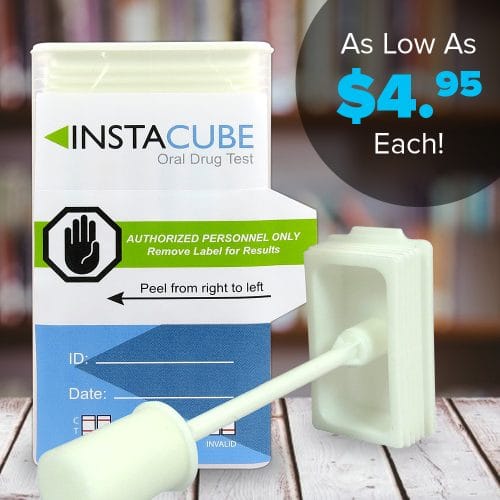Today drug tests are routinely given for a variety of reasons. Whether it’s to obtain employment, schools testing their students, or parents concerned for their children, drug tests have become a part of many people’s lives. There are many questions regarding these tests. The following information discusses the different types of drug tests, the costs and accuracy for each, and which are the best to use in different situations.
Different Types of Drug Tests
People are generally tested for drugs through the blood, the urine, or saliva. Blood tests are considered invasive and sometimes are more difficult to administer than urine or saliva tests. They must also be administered by individuals with medical training. Saliva tests have not been used as long as the others and the technology has not been proven as reliable.
Accuracy
Blood testing is usually the most accurate of all drug tests. A urine test will detect substances in an individual’s body but will not usually tell if he or she is currently under the influence of that substance. While urine tests are normally pretty accurate, they can’t always detect drug use until several hours after drugs have been consumed. A saliva test would be more accurate for testing an individual immediately following an accident to find out if drugs had recently been taken.
Cost
Blood tests are the most costly and are usually only used when decisions regarding insurance policies are needed or a person is being employed where safety issues are a major concern. Urine tests are the least expensive and are generally reliable for drugs that are most often tested. While saliva tests are generally only slightly more expensive than urine tests, the time frame in which drugs may be detected is not very long.
Which Should You Use?
In conclusion, urine tests are most commonly used for drug testing. They are generally reliable for most drugs and are cheaper than blood tests. Two drawbacks are that they can be adulterated more easily than blood or saliva tests and they are considered somewhat invasive. For a parent, however, they are probably the best choice. A parent would be able to more closely monitor a child taking a test than an employer would an employee. A doctor who had access to a lab would have the option of performing a blood or urine test.



